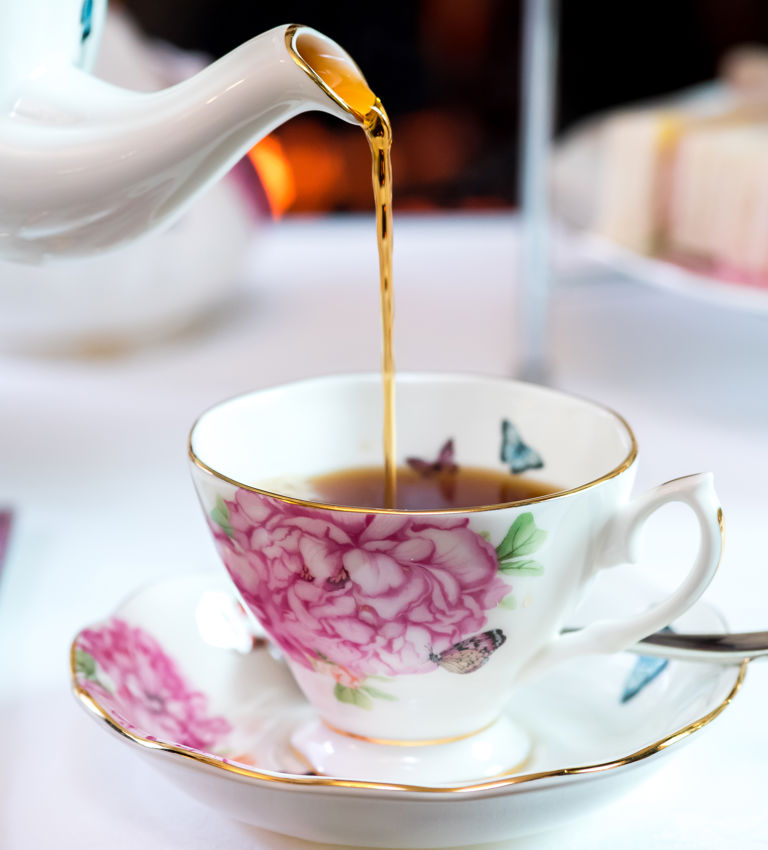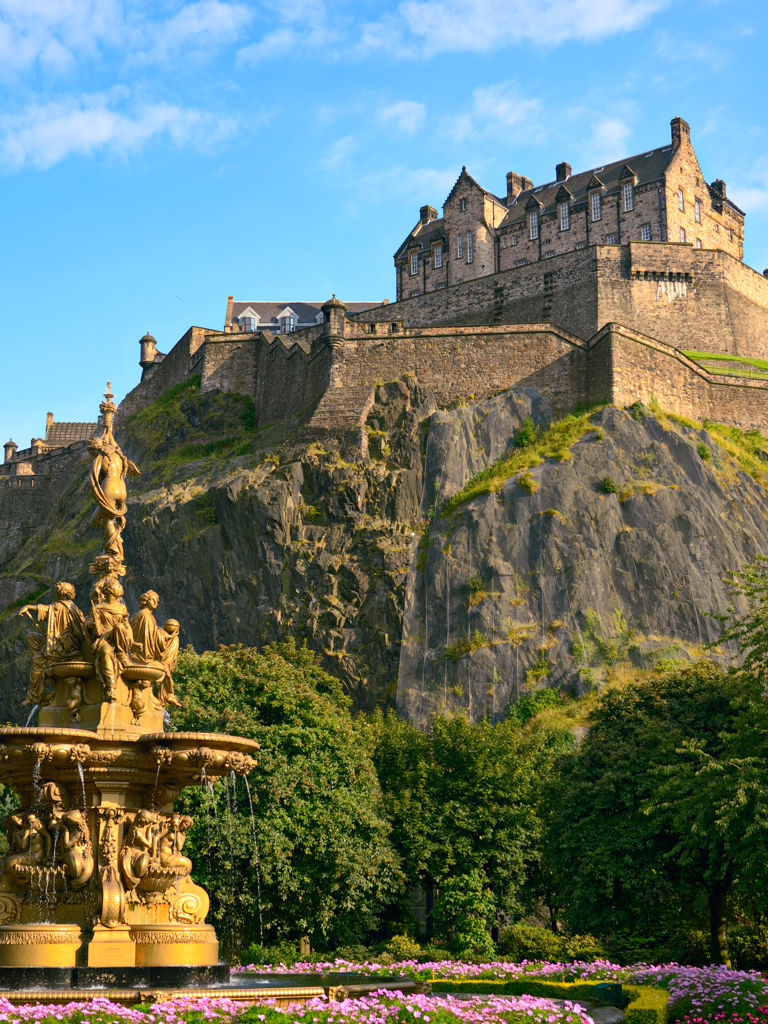
Scotland’s influence in the British tea scene
Discover Scotland's legacy in British tea culture ahead of our opening of the renowned 100 Princes Street.

Discover Scotland's legacy in British tea culture ahead of our opening of the renowned 100 Princes Street.
Want to know more about the rich heritage of our new property? Unravel the stories behind the iconic location of 100 Princes Street.
Discover more